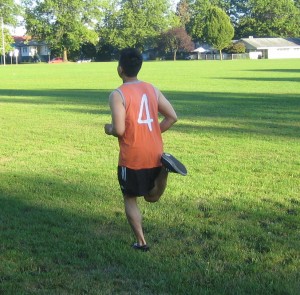Overview Of Sweaty Skin
- Clammy skin refers to moist or wet skin. Sweating is the body’s standard reaction to high temperature. The moisture caused when a person sweat’s has a cooling effect on your skin.
- Fluctuations in your body such as physical effort or extreme humidity activate your sweat glands, which causes your skin to become clammy.
- This is expected. However, damp skin that occurs for no obvious reason can be an indication of a severe medical disorder.
Causes Sweaty Skin

Clammy skin can be caused by lasting medical disorders or a medical emergency. The most common causes consist of:
- Anxiety attacks;
- Internal bleeding;
- Shock;
- Severe allergic response;
- Extreme bleeding;
- Heat exhaustion; and
- Heart attack.
Medical Emergency
Clammy skin that is not caused by physical activity or a reaction to humid weather is a symptom of a more severe medical illness. Don’t overlook this symptom—always chat to your GP about it.
Seek immediate medical assistance if you have any of the subsequent symptoms in addition to clammy skin:
- Pale skin;
- Skin feels damp;
- Discomfort affecting the chest;
- Sore limbs;
- Fast heart rate;
- Shallow breathing; and
- Pulse is weak.
Clammy skin can be the effect of a severe allergic response if it is supplemented by the following symptoms:
- Rashes;
- Difficulty with breathing;
- Inflammation of the face;
- Inflamed skin;
- Inflammation of the mouth;
- Throat becomes inflamed; and
- Out of breath.
Related Video On Sweaty Skin
